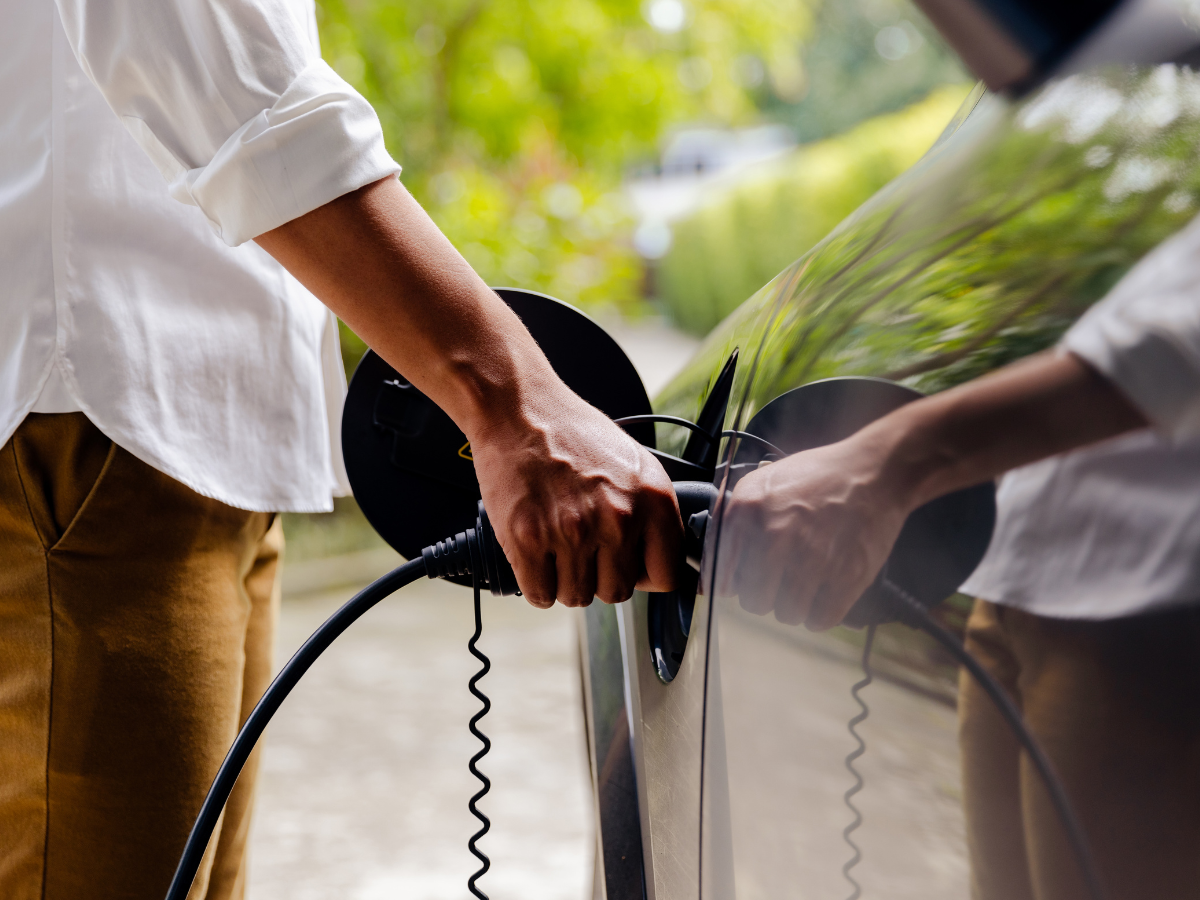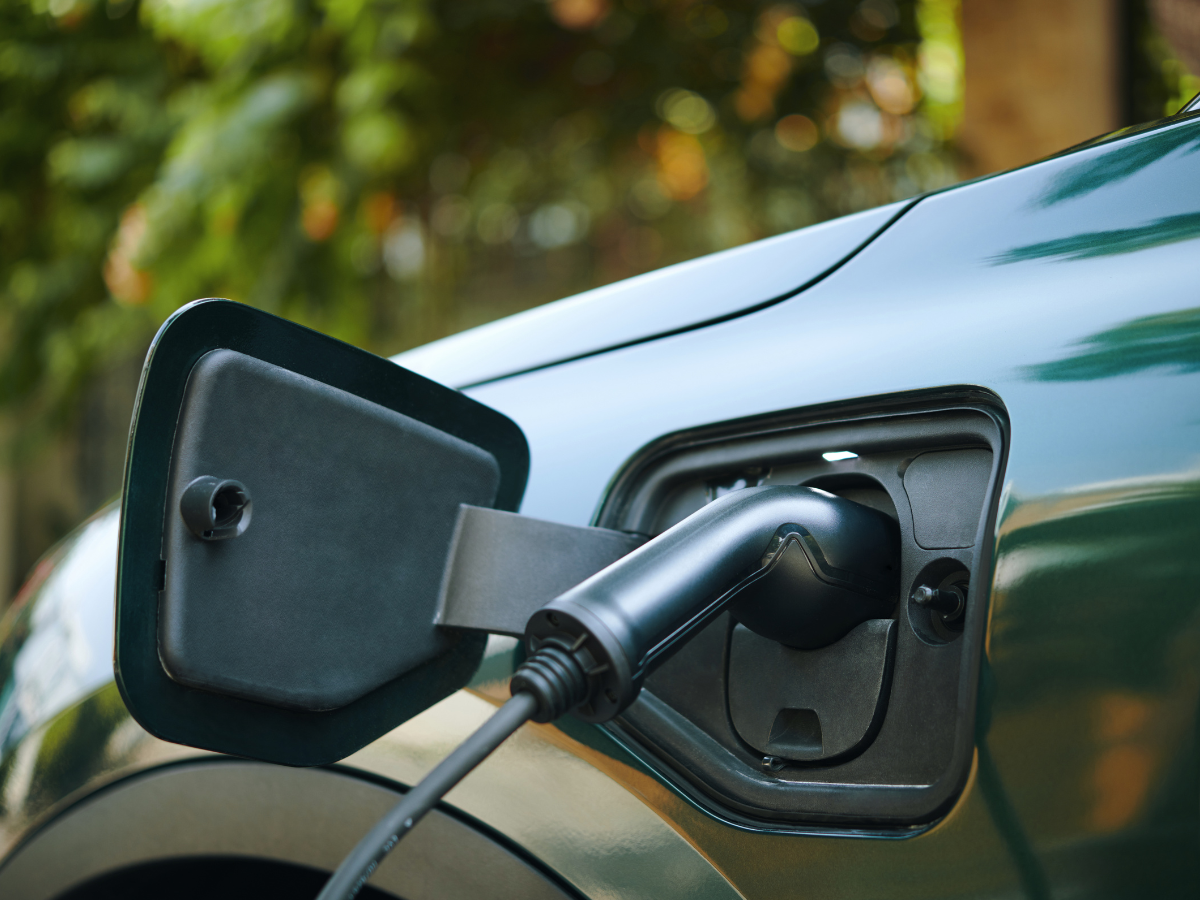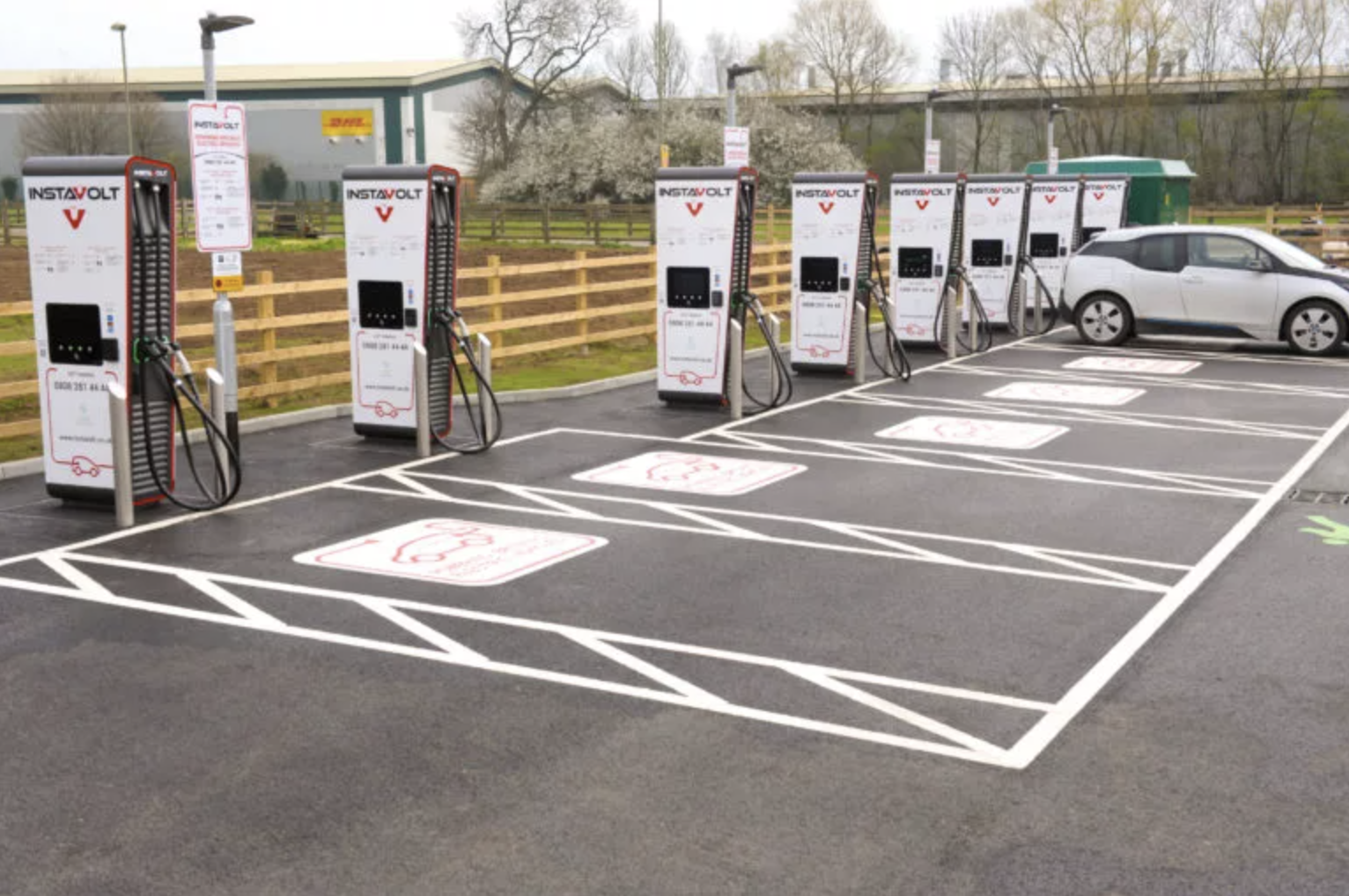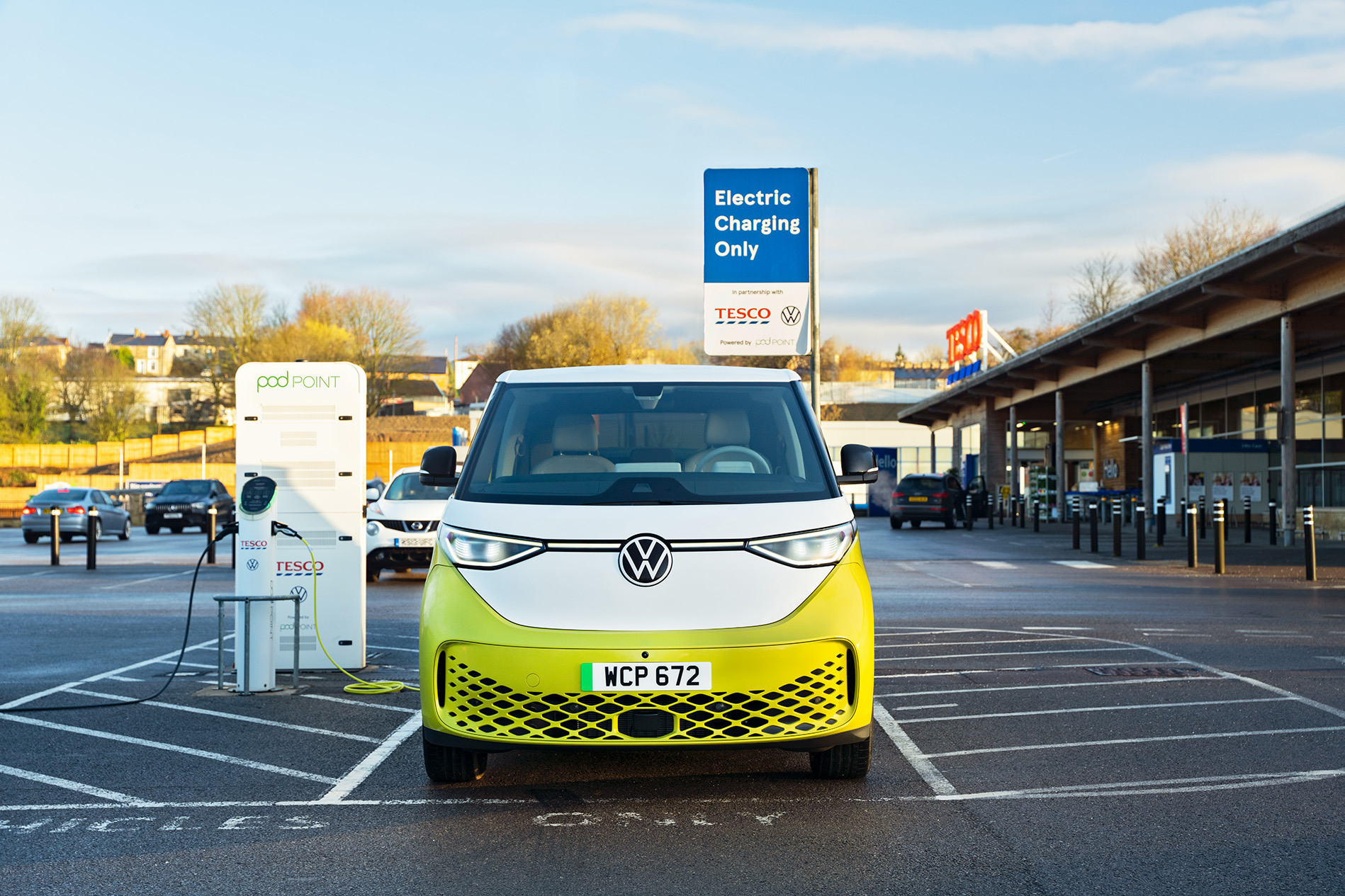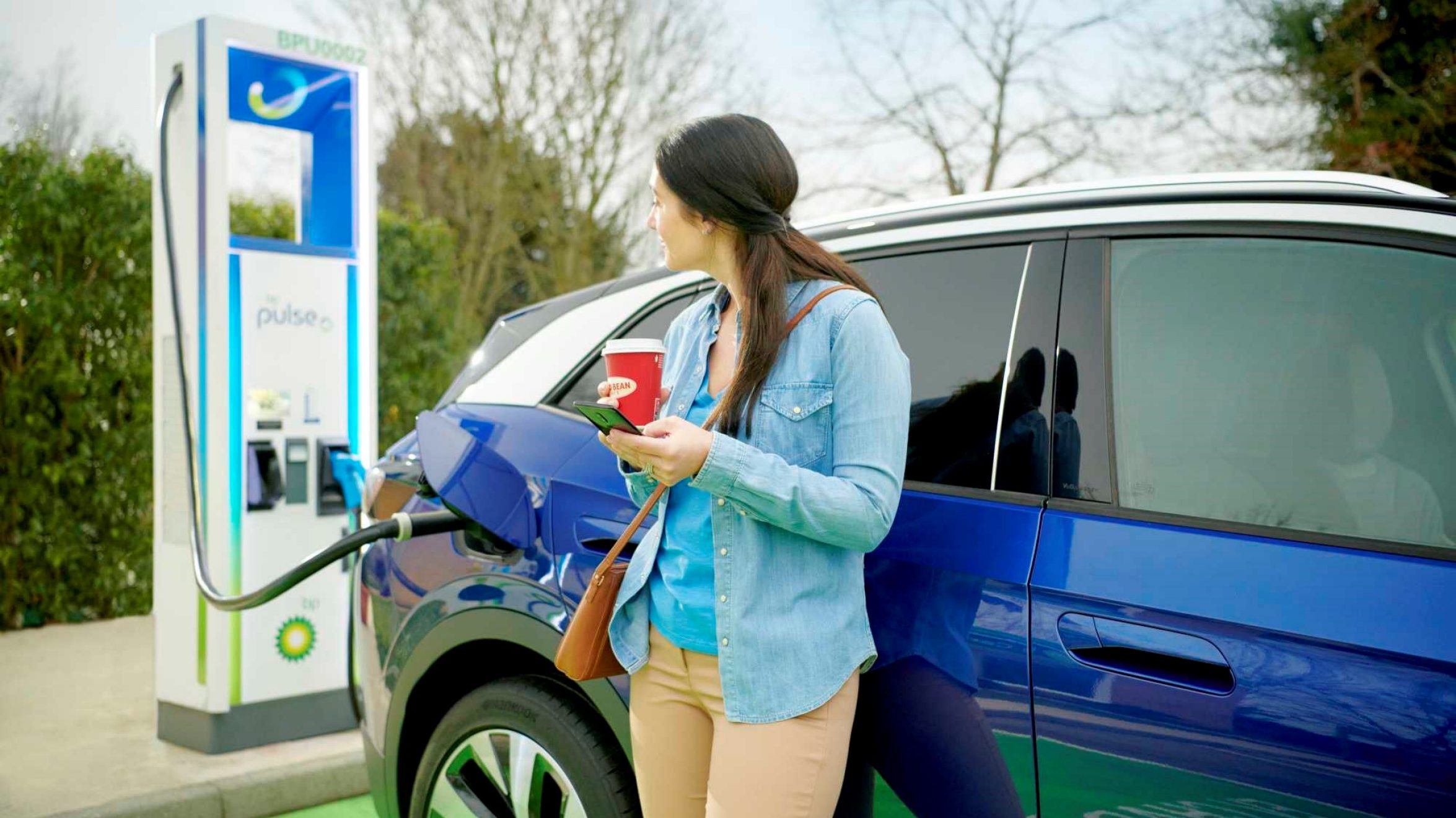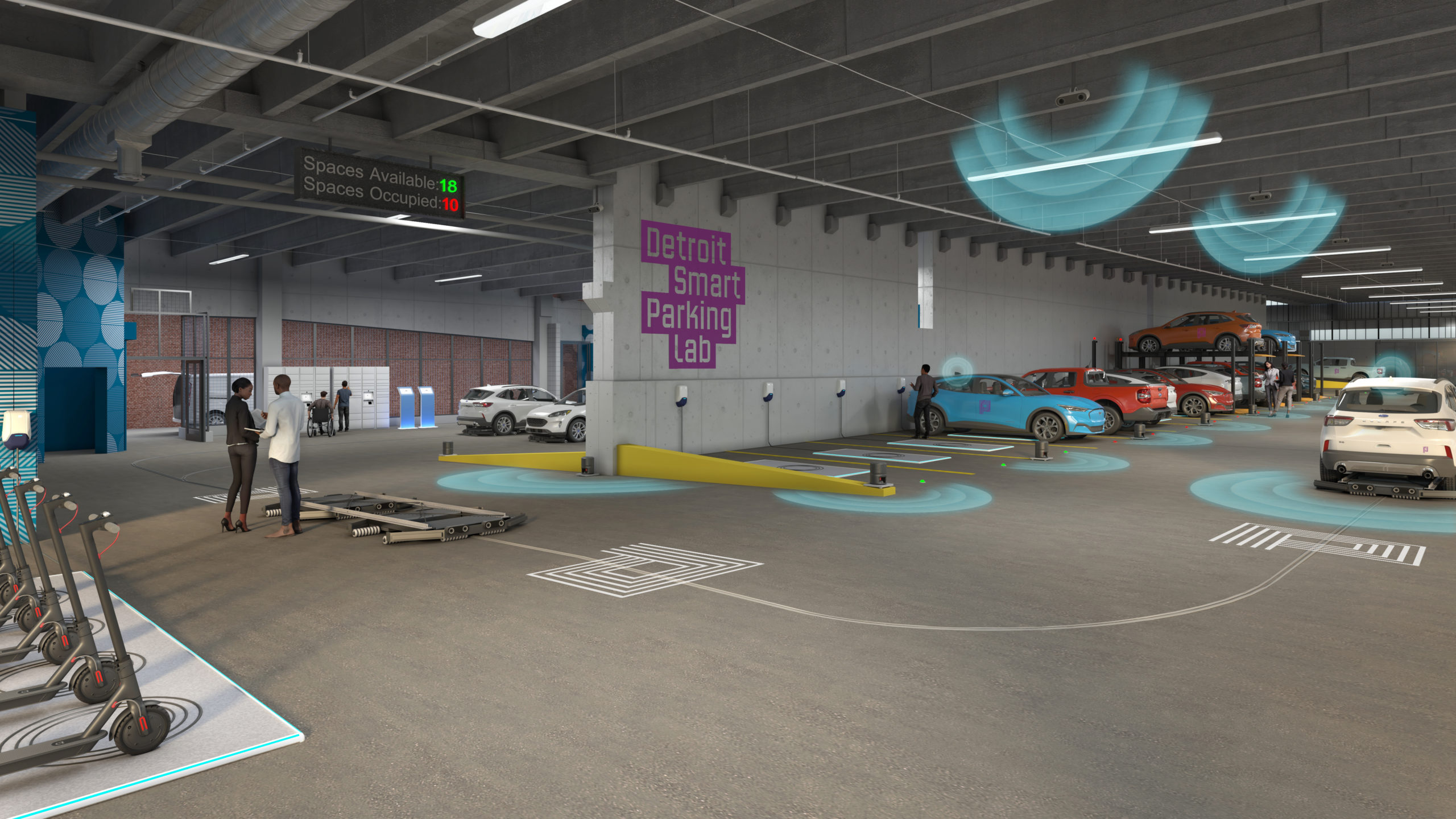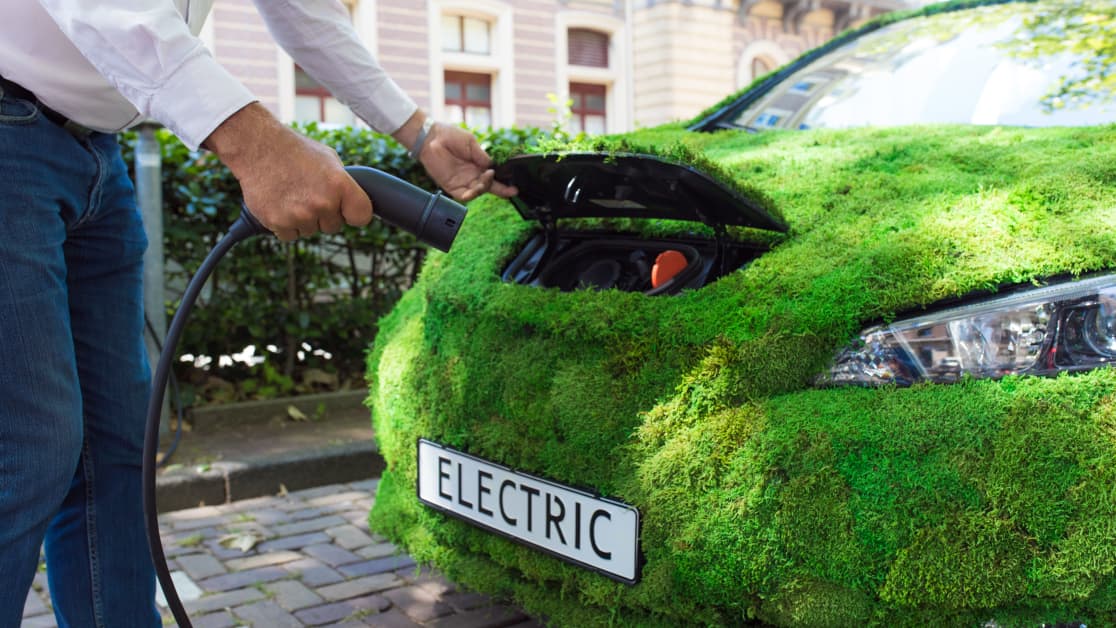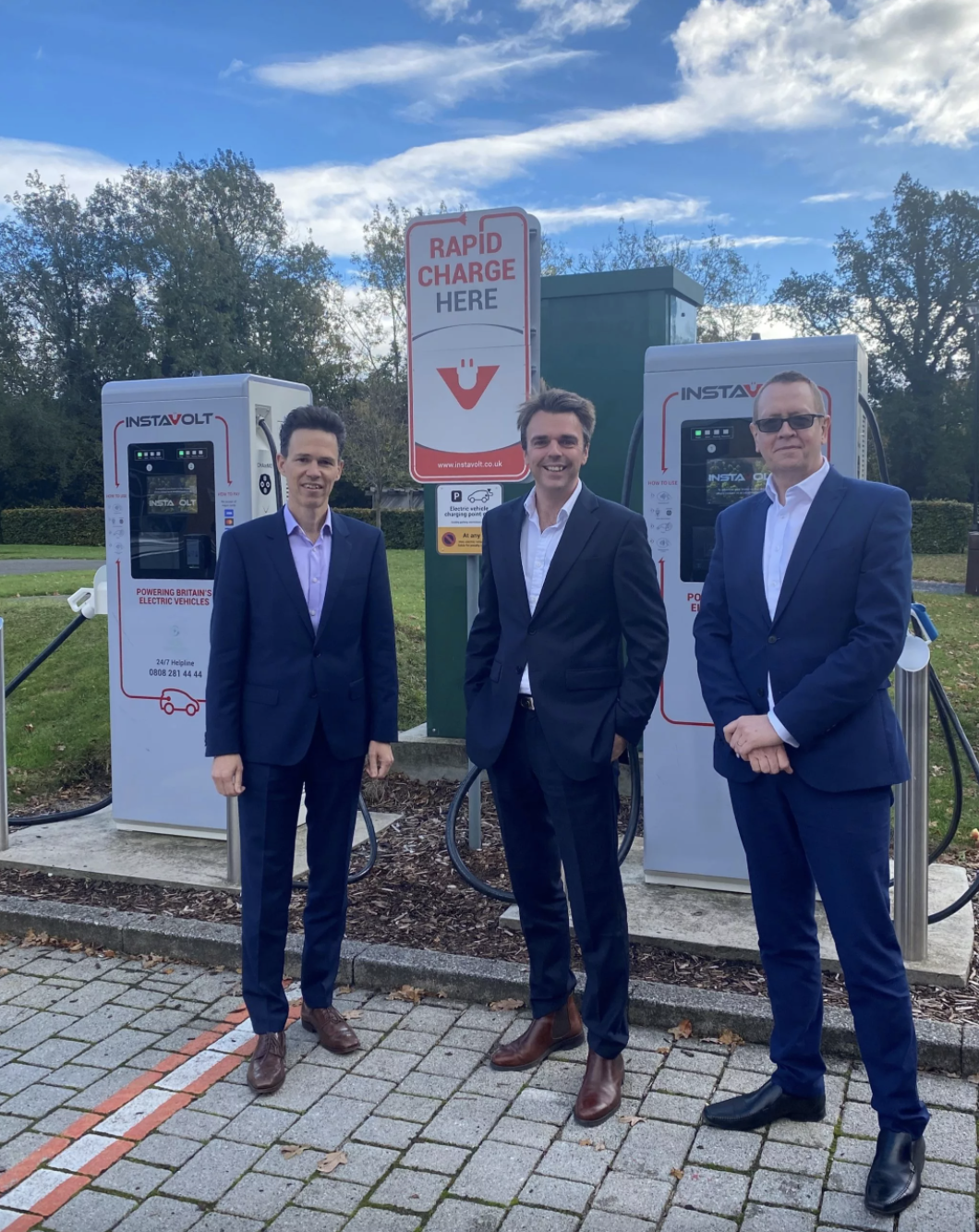ZipCharge has revealed the GoHub, the world’s first portable electric vehicle (EV) charging infrastructure for shared, public use.
The GoHub provides a community-based charging product that can be installed more cheaply and rapidly than a fixed AC charging point. The infrastructure houses and recharges multiple ZipCharge Go powerbanks for EV users to rent, so that nearby parking spaces can become a charging spot.
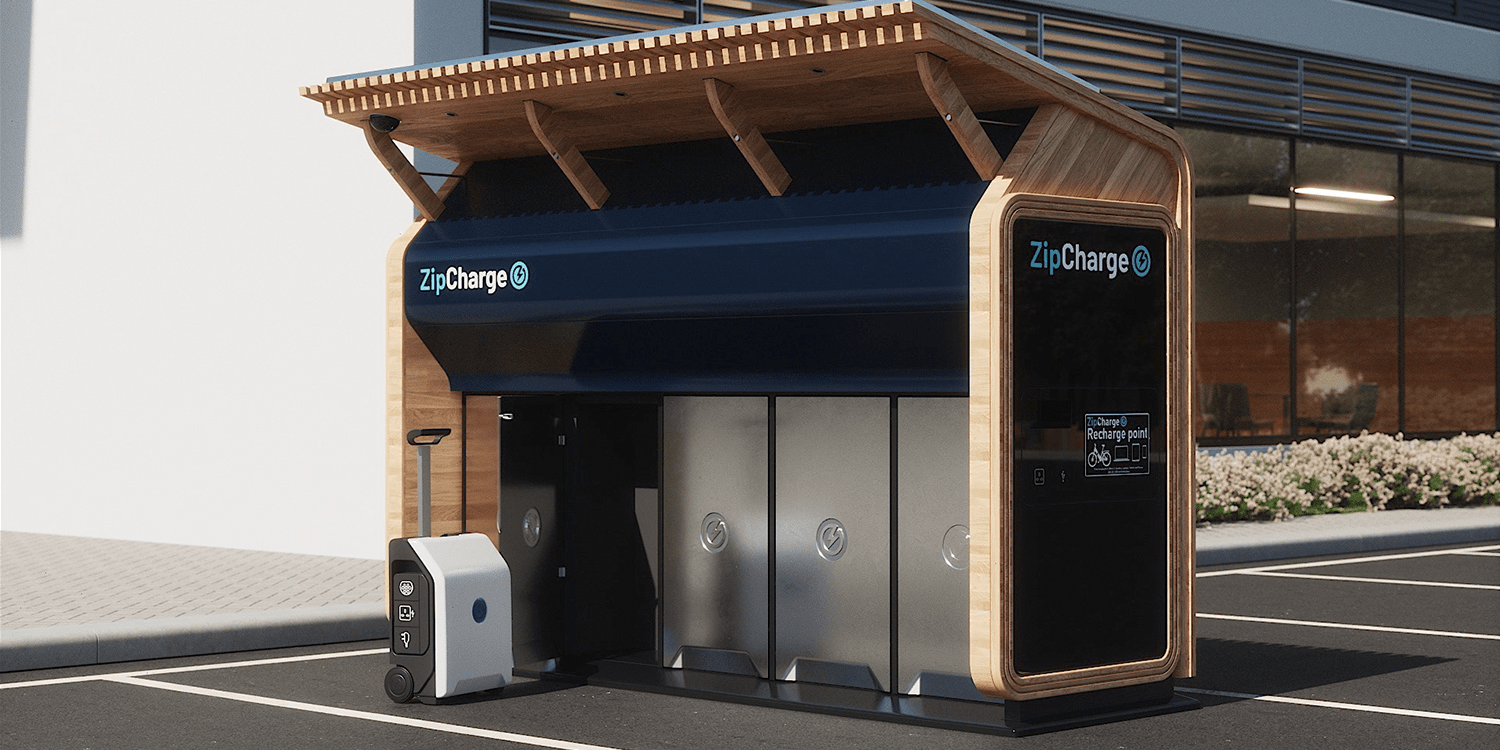
The ZipCharge Go powerbank is the size of a compact wheeled suitcase with a retractable handle. Each powerbank provides an EV with up to 20 miles of range in around 30 minutes.
ZipCharge Co-founder, Jonathan Carrier said:We intend to establish the world’s first vertically integrated ‘energy point operator’ to serve hundreds of millions of people around the world so everyone can access convenient and low-cost energy. The ZipCharge Go and the GoHub enable the storage of clean energy, which can then be distributed for a multitude of uses from charging an EV to powering equipment.
The Go powerbanks will be cost 1 GBP, 1 EUR, or 1 USD for a 4kWh charge with no connection fee. ZipCharge aims to provide lower prices per kWh compared to fixed AC charging, as the integrated energy storage system in the GoHub uses cheaper electricity collected overnight.
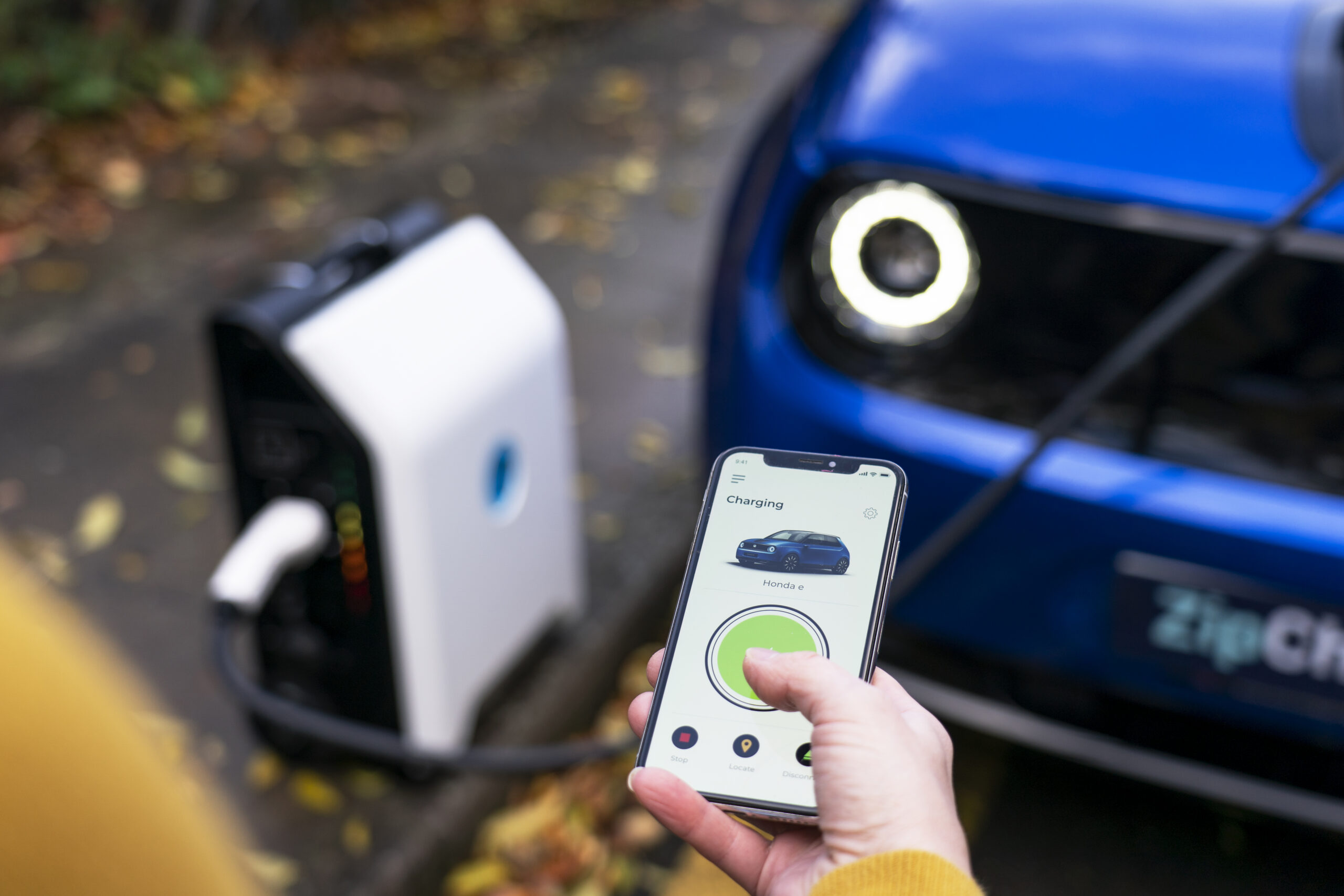
The GoHub has been designed to incorporate a range of additional technologies, such as rainwater harvesting, a wifi hotspot, mobile device charging, a green living roof, and renewable energy generation, including wind turbines developed by Flower Turbines. The GoHub can also provide charging for other forms of mobility with an optional micromobility docking station for e-scooters and e-bikes.
ZipCharge Co-founder, Richie Sibal said:The Go and the GoHub are integral components of our future energy platform, one that combines hardware, software and distributed energy storage in the home and our public energy points to provide a wide range of energy services for our customers. We will use technology to solve the inequality that exists around access to charging and energy by placing a ZipCharge Go unit within five minutes’ walk of where people live and park.
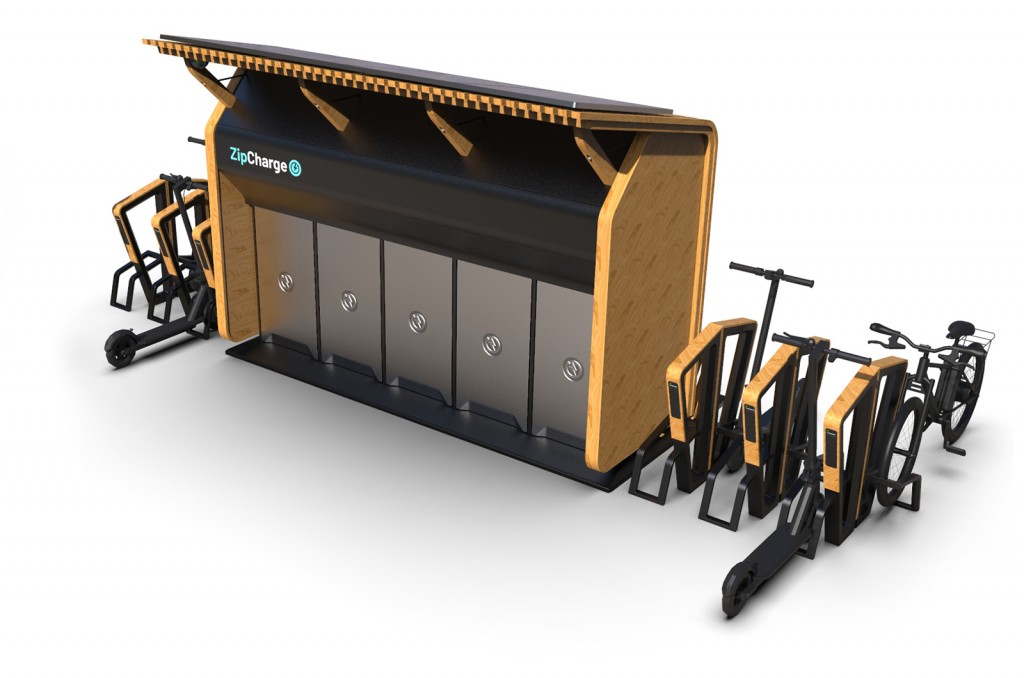
As the GoHubs are three times cheaper and three times faster to install than fixed on street level 2 chargers, their payback period is less than two years, whereas fixed AC chargers require 8–10 years. This benefit would allow the government to install more chargers in more locations, placing them where the grid can best cope with the extra load.



